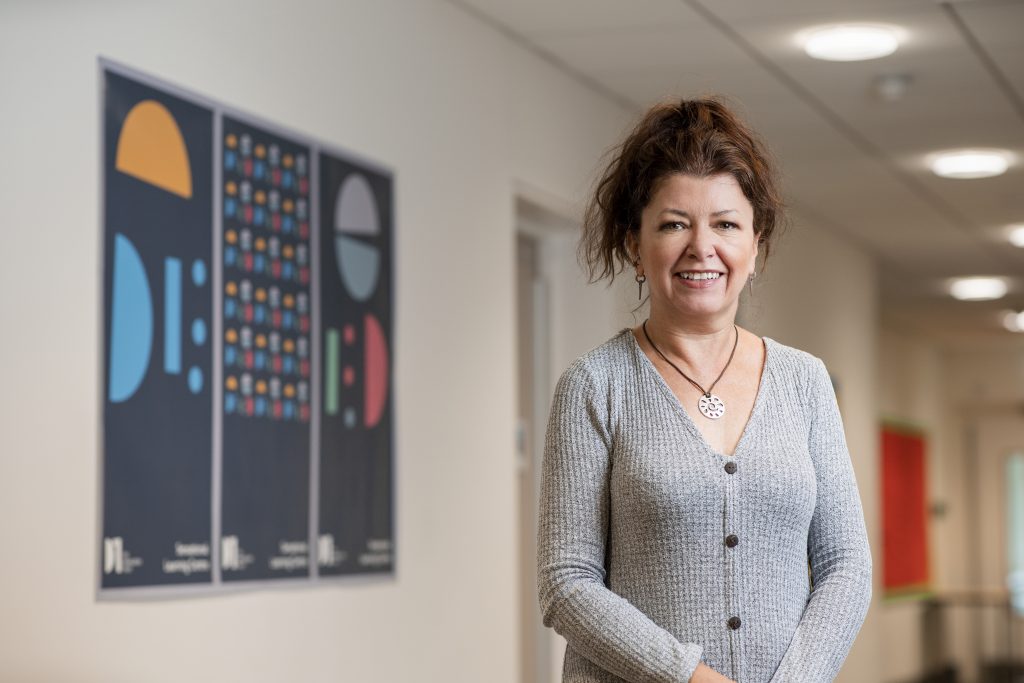Are we facing an epidemic of anxiety?
An article by Laura Watkins, CEO, The Donaldson Trust.
The Covid-19 pandemic has created an unprecedented climate of uncertainty, worry, fear and anxiety for many who perhaps normally do not experience these feelings. But for the young people we see at The Donaldson Trust, such emotions are nothing new as many of them experience severe forms of anxiety every single day.

And yet, even now, this kind of anxiety is frequently misunderstood, with decision-makers, commissioners and even educationalists often sadly underestimating the crippling effect a state of high anxiety and stress can have on a young individual. ‘Social capital’ is a term that means different things to different people, but I find it helpful as a broad definition for this sometimes contentious area. For me, social capital is about valuing the individual; the word ‘capital’ is a metaphor in a way but it’s also literal: sometimes we need to put a value on improving someone’s long term life chances and experiences by investing in supports and learning environments out with mainstream institutions.
That might sound straightforward but, sadly, it is far from recognised widely. The National Body for Neurodiversity developed by The Donaldson Trust is a place of professional understanding, safety and nurture. We, on many occasions are required to fight the corner of children and their families to allow them to be supported and understood by our teams either within our campus or in the community. Neurodiversity and extreme social anxiety often (though not always) go hand in hand, with the challenges of the former feeding into the latter. Too often anxiety in both young people and adults is dismissed as a state that isn’t a serious indication of poor or deteriorating mental health. We see children whose paralysing anxiousness about attending school is leading to levels of stress that are nothing short of traumatic in themselves, and which can sometimes lead to physical symptoms including self-harm and eating disorders. Too often, fear of school is dismissed as a ‘bullying issue’ or psychosomatic. The psychological impact of unremitting stress on a young adolescent, already dealing with all the pressures brought by puberty and the teenage years, on many occasions is not seen as a critical situation requiring coordinated action.
We witness children suffering from intense anxiety due to attending mainstream school whose parents are desperate for them to find peace in a safe and understanding environment, only to be told by authorities that their child’s education requires a broad curriculum and leaving the mainstream school will be detrimental to their future. Many of these children are at breaking point. Everything, from the sound of the school bell and standing in the lunch queue to speaking in class or even visiting the toilet, is at times for them, an almost unbearable ordeal. We see the impact every day that a safe space, understanding, counselling and mentoring, as well as interaction with like-minded young people and understanding staff can have. Young people need to be in a state where they can learn and so often this is misunderstood by those who we consider expert in the field of education.
We ignore the suffering of these children at our peril. The failure to recognise the long-term damage wreaked by severe anxiety not being taken seriously will result in soaring costs for the NHS in terms of demands on counselling support and mental health services. As a society, let’s start valuing our young people, recognising their potential and acknowledging their struggles in today’s world. Because the good news is how quickly and positively young people can respond when they are allowed to move on from an environment where they are only just surviving, let alone learning. We witness heart-warming stories every day with our children and young people experiencing the joy of making solid friendships, finding their ‘tribe’, discovering the therapeutic benefits of expressing their creativity, mastering new skills, growing and thriving with a person-centred plan and developing a toolbox of stress reduction strategies.
I wish everyone a safe journey through these rocky and uncertain pandemic waters we are all trying to stay afloat in. Perhaps the anxiety each and every one of us is surely feeling right now will shine a light on the hidden misery that our socially anxious youngsters face. If as a society this can be recognised and addressed, then all our young people can achieve the bright future they deserve.